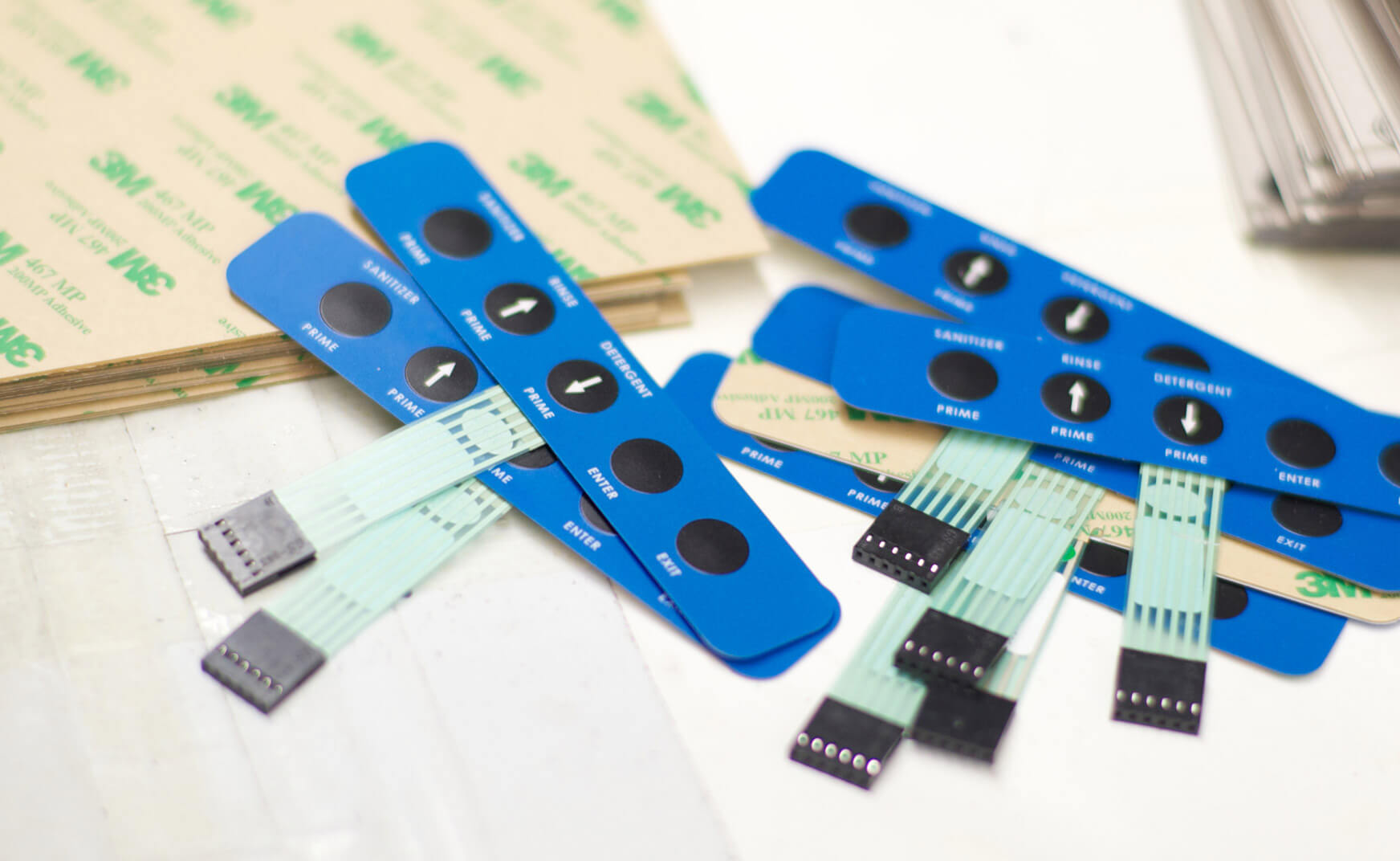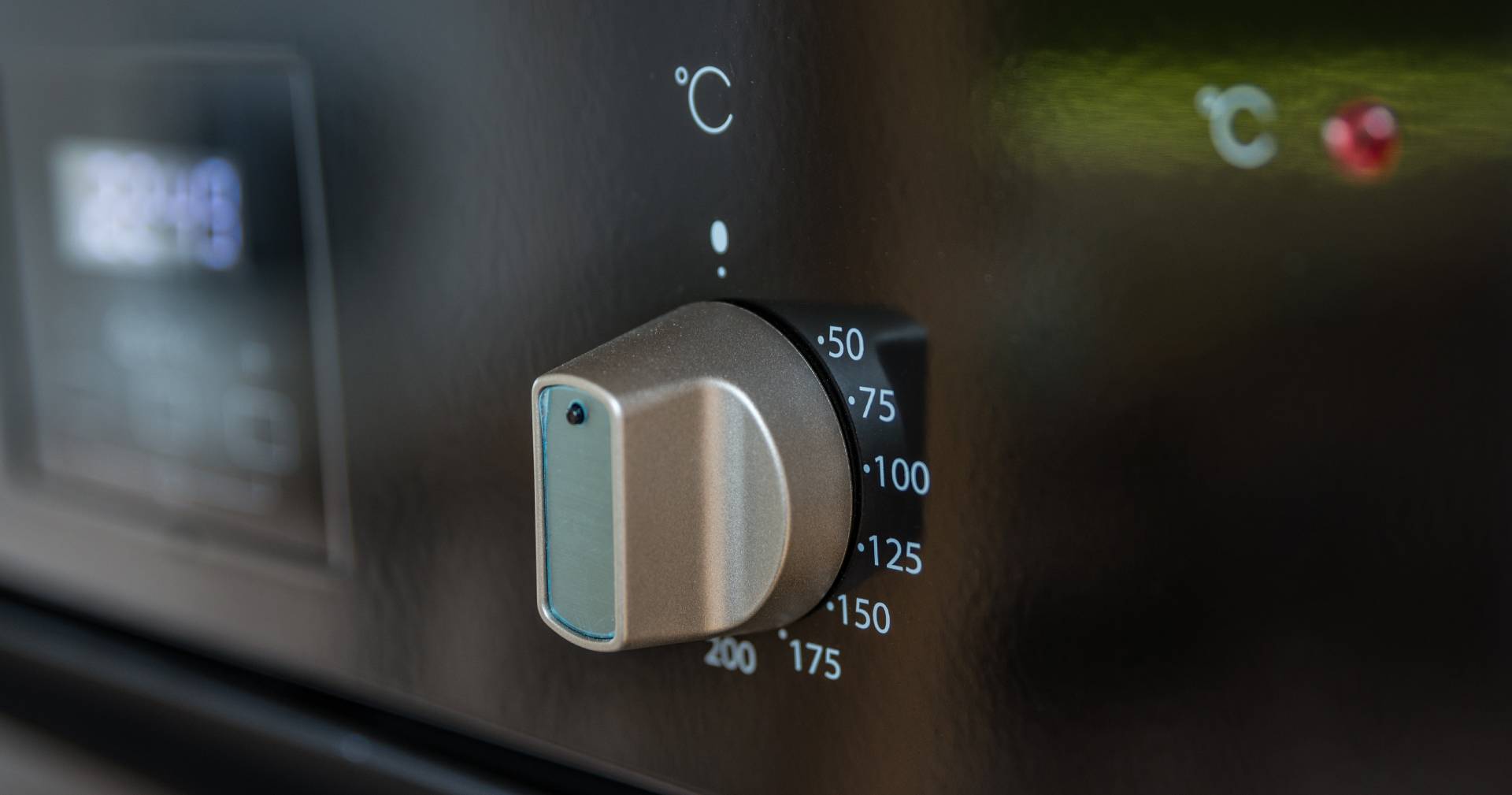Membrane Switches vs. Traditional Switches: What You Need to Know
Membrane Switches vs. Traditional Switches: What You Need to Know
Blog Article
Recognizing the Value of Membrane Switches in User User Interfaces
Membrane buttons are indispensable elements in the layout of reliable individual interfaces, facilitating not just functionality but additionally improving aesthetic charm and individual interaction. Their unique attributes, such as resistance to environmental aspects and customizable styles, make them ideal for a varied variety of applications throughout multiple sectors. As we check out the future trends and numerous benefits related to Membrane technology, it comes to be clear that these buttons are greater than just elements; they represent a merging of innovation and functionality. The effects of this technology on individual experience deserve taking a look at better.
What Are Membrane Switches?

The spacer layer, which includes sticky properties, permits the splitting up of the circuit layer from the overlay, guaranteeing that the switch stays in a non-activated state up until pushed. When pressure is put on the overlay, it presses the spacer layer, linking the gap and finishing the circuit in the underlying layer. This style not just minimizes the physical area required for standard mechanical buttons however likewise improves the resilience of the tool, as Membrane switches are usually immune to dust, moisture, and various other environmental aspects.
Generally found in applications ranging from consumer electronics to clinical gadgets, Membrane buttons are integral to modern-day innovation, giving a straightforward and reliable interface that aligns with contemporary layout demands.
Benefits of Membrane Buttons
While various switch technologies exist, Membrane Switches offer distinct advantages that make them specifically desirable in various applications. Among the main advantages of Membrane switches is their compact layout, which permits for space-saving implementations in devices where property is limited. Their slim profile not only enhances aesthetic allure but additionally facilitates lightweight building.
One more considerable advantage is their resistance to ecological aspects. Membrane buttons are commonly secured against moisture, dust, and impurities, making them suitable for use in demanding settings, such as medical tools and commercial devices. This toughness prolongs the lifespan of the switch, reducing upkeep costs and improving dependability.
In addition, Membrane buttons can be tailored to meet details style demands, integrating unique graphics and shades that improve individual communication. Their responsive feedback alternatives can additionally be customized to supply a rewarding individual experience. Furthermore, Membrane switches are affordable, particularly in high-volume applications, as they can be created effectively.
Applications in Different Industries

In the customer electronics industry, Membrane switches are prevalent in devices such as microwaves, cleaning makers, and remote controls. Their responsive responses and visual alternatives enhance customer experience while providing a streamlined, contemporary appearance. Furthermore, automotive manufacturers make use of Membrane buttons in dashboard controls and infomercial systems, where area is limited, and user involvement is important.
Furthermore, the industrial market leverages Membrane switches in control panels for machinery and tools, enabling intuitive procedure in frequently rough environments. Their resistance to chemicals and dampness guarantees long life and reliability in these applications. On the whole, the flexibility of Membrane Switches adds substantially to their extensive usage, making them important in various technological domains.
Style Factors To Consider for Membrane Switches

When creating Membrane buttons, several essential considerations must be thought about to guarantee ideal performance and customer experience. The option of products is important; selecting sturdy, top notch substrates can boost the button's durability and resistance to ecological variables such as dampness and temperature changes.
Secondly, the design of the visuals overlay ought to focus next page on clarity and ease of use. Icons and text should be legible, and the format needs to facilitate user-friendly communication (membrane switches). In addition, tactile comments is important; integrating a tactile dome or other systems can improve the user experience by offering physical confirmation of activation
Another crucial element is the button's electrical performance. Developers must guarantee that the conductive traces are effectively created to reduce resistance and prevent signal disturbance. This involves evaluating the required actuation pressure and guaranteeing compatibility with the digital parts they will interface with.

Future Fads in Membrane Modern Technology
As technology continues to breakthrough, Membrane buttons are positioned to advance dramatically, driven by innovations in materials and manufacturing strategies. One arising trend is the consolidation of sophisticated materials, such as flexible substrates and conductive inks, which enhance resilience and decrease the overall weight of Membrane switches. These materials not just boost the responsive response yet additionally enable for the design of buttons that can stand up to harsher environmental conditions.
Additionally, the integration of touch-sensitive innovations is changing traditional Membrane Switches into even more interactive customer interfaces. Capacitive touch sensors embedded within Membrane switch panels can give a much more intuitive and receptive user experience, lining up with the expanding need for streamlined, contemporary styles in consumer electronics.
Furthermore, advancements in printing methods, such as electronic and 3D printing, make it possible for quick prototyping and customization of Membrane buttons. This adaptability enables producers to react quicker to market demands and customer choices.
Lastly, sustainability is coming to be a significant focus, with suppliers exploring eco-friendly products and processes. As these patterns unfold, the future of Membrane technology guarantees improved capability, aesthetic appeal, and environmental responsibility, solidifying their function in innovative user interfaces across numerous industries.
Final Thought
In final thought, Membrane Switches represent an important element in the layout of individual interfaces, integrating capability with aesthetic adaptability. As improvements in modern technology proceed, the development of Membrane buttons is anticipated to more refine customer interfaces, driving innovation and improving usability in a significantly complex technological landscape.
Membrane buttons are essential elements in the style of effective customer interfaces, helping with not only functionality however likewise improving visual appeal and individual interaction.Membrane Switches serve as an essential part in different user interfaces, promoting a seamless interaction between users and electronic gadgets.While various button modern technologies exist, Membrane Switches deal distinct benefits that make them particularly preferable in look at these guys numerous applications.Additionally, Membrane buttons can be personalized to satisfy certain style requirements, including special graphics and shades that boost customer communication.In conclusion, Membrane Switches stand for a crucial element in the design of customer interfaces, incorporating capability with visual flexibility.
Report this page